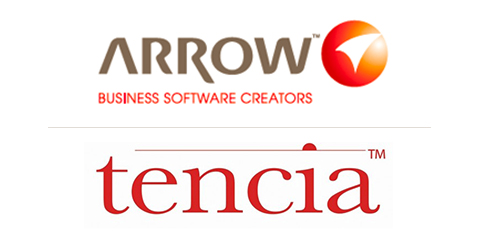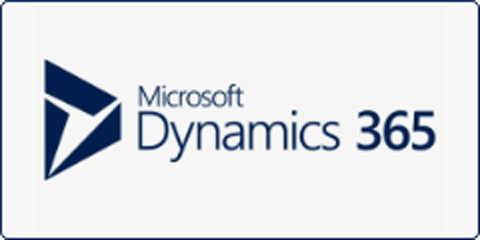Better Business Intelligence
Over the past several years, the number of organizations deploying business intelligence (BI) in the cloud has doubled. Cloud BI adoption is especially prevalent among sales and marketing departments as they rely on real-time data to understand and improve the customer journey.
When it comes to data access and data storage, cloud technology has several advantages over on-premise technology. For one, cloud technology is more scalable for storing substantial amounts of data and is compatible with the internet of things (IoT).
In addition, cloud technology allows organizations to access data remotely without complex technical configuration or robust IT staffing.
Faster Implementation
Cloud ERP systems are generally faster to implement than on-premise ERP systems. In fact, the technical environment for cloud technology can be configured in as little as 24 hours.
This gives organizations more time to focus on the business side of digital transformation – change management and business process reengineering. These aspects require considerable time and resources whether you’re implementing cloud or on-premise technology.
Ability to Focus on Your Core Competencies
Many organizations lack sufficient IT staffing or cannot afford the resources and infrastructure necessary for self-hosting. While these organizations may be decently skilled at IT, it’s not necessarily their core competency. Cloud technology allows these organizations to outsource their IT function and focus on their core business.
Cost Savings (for smaller organizations)
The initial cost of cloud technology is lower than on-premise technology. While subscription costs add up over time, many CFOs are more concerned about minimizing capital expenditures than reducing operating costs, and they can always opt for multi-tenant cloud to minimize these costs anyway.
In fact, for smaller organizations, cloud ERP is more cost-effective than on-premise ERP, even in the long-term – the fixed infrastructure costs of on-premise ERP can’t be spread over enough volume to justify the cost.
With cloud, the user gets the end-product, without investing in expensive infrastructure. You can run a powerful software that would’ve otherwise taken a powerful in-house computer to host.
End-user Buy-in
Cloud technology tends to be more modern and easier to use than on-premise software, so employees may be quicker to embrace it. This does not mean you won’t need end-user training and an ERP communication plan. It just means you might experience slightly less change resistance.
However, some organizational cultures are more accepting of the cloud than others. If you’re anticipating change resistance, we recommend communicating with employees about the benefits of new technology, emphasizing how their jobs will become easier.
Are you implementing robotic process automation in conjunction with cloud technology? If so, focus on how these bots will streamline menial tasks and enable employees to focus on more interesting work.
Strong Data Security
To avoid security breaches, many organizations turn to the cloud as cloud vendors tend to have more secure hosting environments than many organizations have on-premise.
However, some CIOs still worry about ERP vendors’ cloud ERP security. They don’t realize how vigilant ERP vendors can be when it comes to security. Cloud vendors know they are popular targets for security breaches, so they counteract that risk by developing sophisticated security.




